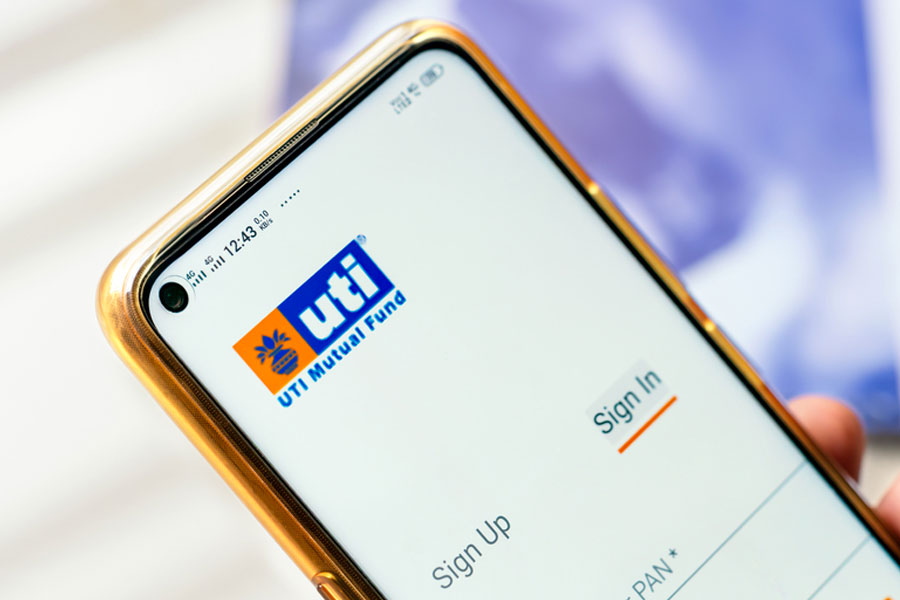Sponsors of UTI Mutual Fund, including SBI, Punjab National Bank and Life Insurance Corporation of India, have initiated the process to dilute their stake in India's oldest fund house.
According to sources, these entities have approached merchant bankers to advise on stake sales.
UTI Mutual fund is promoted by the State Bank of India (SBI), Life Insurance Corporation of India (LIC), Punjab National Bank (PNB) and Bank of Baroda (BoB), having a combined holding of 45.21 per cent in the paid-up capital.
US-based T Rowe Price Group Inc through its wholly-owned subsidiary T Rowe Price Global Investment Services Ltd (UK) presently holds a 23 per cent stake in UTI Asset Management Company Ltd (UTI AMC).
These sponsors diluted their stake through an initial public offering (IPO) in 2020 by selling 38,987,081 shares for Rs 2,100 crore. The entire proceeds of the offer went to all the promoters, including T Rowe Price.
The IPO came after the markets regulator Sebi order dated December 6, 2019, directing LIC, SBI and BoB to reduce their stake by December 2020, failing which, the regulator would freeze their excess voting rights.
Last year, PNB received government approval to divest its entire stake in UTI Asset Management Company Limited as part of its non-core asset sale plan to shore up its capital base.
DIPAM, last year, allowed Public Sector Enterprises (PSEs) wanting to divest stake in their subsidiaries to submit the proposal to their respective administrative ministries.
Earlier, the sale of majority or minority stakes in subsidiaries or units of PSEs was undertaken by the Department of Investment and Public Asset Management (DIPAM).
After the Cabinet in June allowed PSEs to decide and implement stake sales in their subsidiaries, the DIPAM on Thursday laid down guiding principles for strategic disinvestment/minority stake sale of PSE subsidiaries/units or their joint ventures.
As per the guidelines, the board of holding/parent PSE would recommend strategic disinvestment/minority stake sale of its subsidiaries/units/JVs to the administrative department, which would examine the proposal and send it to DIPAM.
DIPAM would then seek 'in-principle' approval of the Alternative Mechanism (AM) on disinvestment, chaired by the Union Finance Minister.
The decision of the AM would be communicated to the parent public sector enterprise, following which its board would undertake the transaction.
UTI Mutual Fund was created in 1964 after Parliament passed the Unit Trust of India (Transfer of Undertaking & Repeal) Act in 2002 after the flagship US-64 scheme went bankrupt. Post the Act, the then mighty UTI was bifurcated into Specified Undertaking of Unit Trust of India (Suuti), which owns almost 11.8 per cent of Axis Bank and UTI Asset Management Company.
The Baltimore-based T Rowe Price picked up 26 per cent in UTI in November 2009 by buying a 6.5 per cent stake each from the four promoters for USD 140 million.
Except for the headline, this story has not been edited by The Telegraph Online staff and has been published from a syndicated feed.










